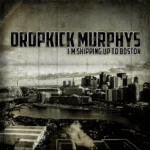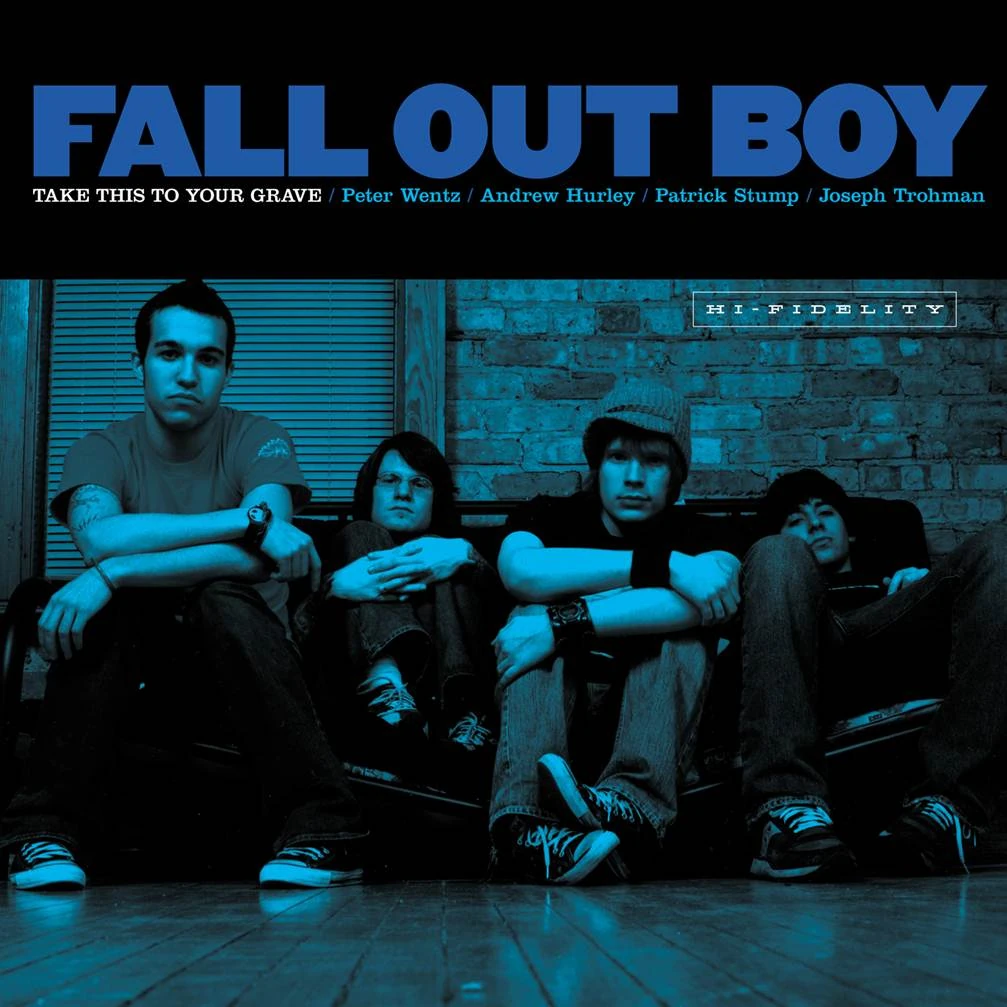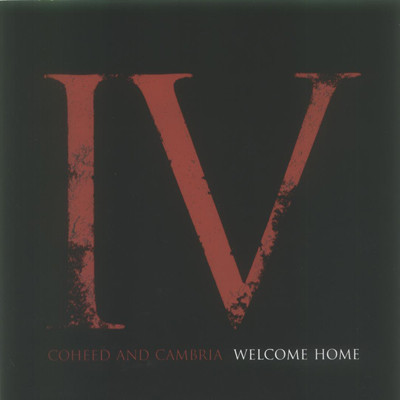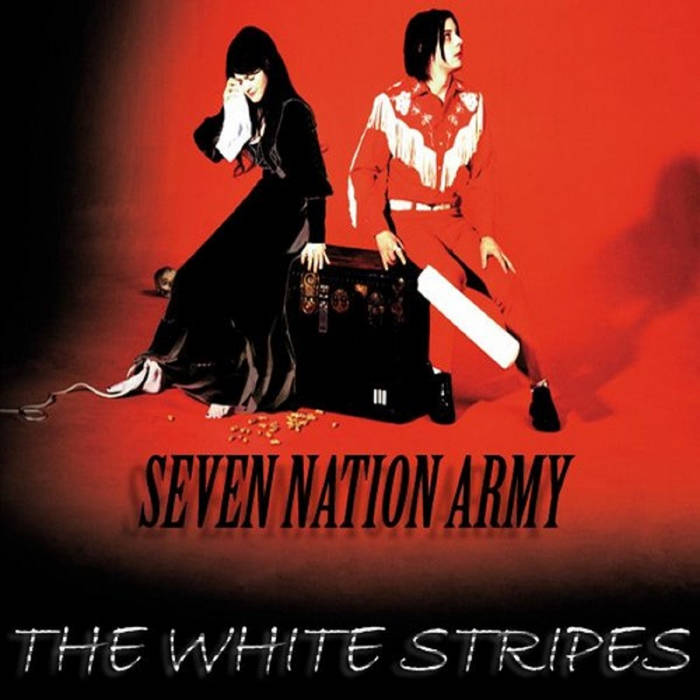 Few songs in the modern rock canon have managed to merge punk ferocity with cultural identity as explosively as “I’m Shipping Up to Boston” by Dropkick Murphys. It’s not just a track—it’s an anthem, a battle cry, and in many ways, a sonic embodiment of Boston itself. From sports arenas to movie soundtracks, from dive bars to St. Patrick’s Day parades, the song has transcended the boundaries of genre to become one of the most recognizable and energizing musical moments of the 21st century.
Few songs in the modern rock canon have managed to merge punk ferocity with cultural identity as explosively as “I’m Shipping Up to Boston” by Dropkick Murphys. It’s not just a track—it’s an anthem, a battle cry, and in many ways, a sonic embodiment of Boston itself. From sports arenas to movie soundtracks, from dive bars to St. Patrick’s Day parades, the song has transcended the boundaries of genre to become one of the most recognizable and energizing musical moments of the 21st century.
But the story of “I’m Shipping Up to Boston” is more layered than its brash hooks and shouted choruses might suggest. Behind the beer-soaked fists and stomping boots lies a fascinating journey involving Woody Guthrie, the Celtic punk movement, and the way music can crystallize into cultural identity.
Origins in Woody Guthrie’s Notebook
One of the most surprising facts about “I’m Shipping Up to Boston” is its lyrical source. The Dropkick Murphys didn’t write the words themselves. Instead, they found them in the archives of Woody Guthrie, the American folk legend who, decades earlier, had left behind thousands of unrecorded lyrics and unfinished song ideas.
In the early 2000s, Guthrie’s daughter Nora opened up her father’s archives to contemporary artists, hoping they could breathe new life into his forgotten words. The most famous example of this collaboration came with Wilco and Billy Bragg’s Mermaid Avenue albums. But for the Dropkick Murphys, a band that had always married punk aggression with Celtic folk roots, Guthrie’s scribbled lyric about a sailor losing his leg and heading to Boston fit perfectly with their aesthetic.
The original Guthrie text was fragmentary, strange, and raw. Lines about climbing up a topsail, tearing off a wooden leg, and shipping up to Boston read more like a sea shanty fever dream than a polished folk lyric. The Dropkick Murphys seized on that imagery and decided to shape it into something thunderous.
A Celtic Punk Explosion
Musically, “I’m Shipping Up to Boston” is a perfect storm of Celtic punk elements. From the opening notes of the banjo and accordion, the track feels like it belongs both in a mosh pit and at a traditional Irish wake. The arrangement builds quickly into a driving punk rhythm, with pounding drums, distorted guitars, and Al Barr’s guttural vocal delivery.
The band doesn’t shy away from repetition. In fact, that’s part of the song’s brilliance. The lyrics are sparse, but the delivery is relentless. Every shouted phrase feels like a call to arms, meant to be screamed back by thousands of sweaty, beer-soaked fans.
Instrumentally, it’s a showcase of the Murphys’ ability to fuse tradition and aggression. The Celtic instrumentation never feels like a gimmick; it’s woven seamlessly into the punk framework, giving the song a timeless quality. You could imagine it sung on a 19th-century ship or blasted at full volume in a 21st-century hockey arena—and in both cases, it would feel right at home.
The Sports Arena Phenomenon
If “I’m Shipping Up to Boston” had only remained within the Celtic punk scene, it would have been a beloved deep cut. But its real cultural breakthrough came in the world of sports.
In Boston, the song became inseparable from the city’s identity. The Red Sox adopted it as a stadium anthem during their 2007 World Series-winning season, pumping it through Fenway Park’s speakers as fans screamed along. The Bruins followed suit, blasting it at hockey games to rile up their notoriously rowdy crowd. Before long, it wasn’t just a song—it was a ritual.
The track’s pounding rhythm, combined with its Boston-centric lyric, made it the perfect soundtrack for moments of collective adrenaline. It became shorthand for the city itself: tough, gritty, blue-collar, and proud of its Irish heritage. Across New England, you couldn’t attend a sporting event without hearing its roar.
Hollywood and The Departed Effect
The other major factor in the song’s rise to iconic status was its placement in Martin Scorsese’s 2006 film The Departed.
Set in Boston’s criminal underworld, the film needed a soundtrack that reflected the city’s toughness, grit, and identity. “I’m Shipping Up to Boston” fit like a glove. Scorsese used the track in key moments, most memorably during sequences of chaos and violence. The song’s raw energy underscored the film’s themes of betrayal, identity, and survival in a city defined by loyalty and brutality.
For many outside Boston, their first exposure to the song came not at a Red Sox game, but in Scorsese’s Academy Award-winning masterpiece. Suddenly, the Dropkick Murphys had gone from punk club favorites to mainstream cultural icons.
The Lyrics: Surreal Simplicity
On paper, the lyrics to “I’m Shipping Up to Boston” might seem almost nonsensical:
“I’m a sailor peg, and I lost my leg
Climbing up the topsails, I lost my leg!”
But that simplicity is part of the song’s genius. The imagery is surreal, almost cartoonish, yet it connects to deeper traditions of sea shanties, folk storytelling, and working-class struggle. The idea of a sailor losing his leg but continuing on with determination resonates with the punk ethos of resilience in the face of hardship.
In the context of Boston—a city with a deep maritime history and a strong Irish-American working-class identity—the lyric takes on symbolic meaning. It’s not just about one sailor. It’s about the toughness required to survive, to keep moving forward despite loss, pain, or hardship.
Dropkick Murphys and the Celtic Punk Legacy
The Dropkick Murphys weren’t the first band to fuse punk with Irish folk—The Pogues had pioneered the sound in the 1980s—but they were the ones to bring it to a new level of visibility in America.
Formed in Quincy, Massachusetts in 1996, the Murphys built their reputation on raucous live shows, blending bagpipes and banjos with distorted guitars and punk aggression. Their lyrics often celebrated working-class pride, Irish heritage, and Boston identity.
“I’m Shipping Up to Boston” became their signature track, but it was the culmination of years of honing their sound. By the time the song exploded into mainstream consciousness, the Murphys had already become folk heroes in Boston’s punk scene. The track simply gave the rest of the world a taste of what local fans had long known.
The St. Patrick’s Day Connection
For many, “I’m Shipping Up to Boston” has become synonymous with St. Patrick’s Day celebrations. The Dropkick Murphys themselves have leaned into this tradition, hosting annual multi-night St. Patrick’s Day shows in Boston that are legendary for their chaos and energy.
Hearing the song live in that context is transformative. The band tears into it with ferocity, the crowd becomes a sea of green and Guinness, and every lyric is shouted back with pride. It’s not just a song—it’s a communal experience, a ritual of identity and celebration that connects fans to their heritage and to each other.
Why It Works: The Anatomy of an Anthem
So what makes “I’m Shipping Up to Boston” work so well, across so many contexts? A few key elements stand out:
-
Simplicity: The lyrics are short, repetitive, and easy to sing along with. That makes it perfect for crowds.
-
Energy: From the first note, the song hits hard and never lets up. It’s built for adrenaline.
-
Identity: By naming Boston explicitly, the song ties itself to a place, giving it roots in a real cultural context.
-
Fusion of Tradition and Aggression: The Celtic instruments give it timelessness, while the punk framework gives it urgency.
-
Versatility: It works in a bar, a stadium, a movie, or a parade. Few songs can shift so easily across settings.
Legacy and Influence
Nearly two decades after its release, “I’m Shipping Up to Boston” remains one of the most instantly recognizable songs of the 2000s. It has cemented itself not only as the Dropkick Murphys’ signature track but also as one of the defining anthems of modern Celtic punk.
The song has influenced a new generation of bands blending folk and punk, from Flogging Molly to Flatfoot 56. It has also inspired countless local acts in Boston and beyond to celebrate their cultural heritage through punk rock.
But perhaps its greatest legacy lies in its ability to unite. Whether you’re a die-hard Murphys fan, a casual moviegoer, a sports enthusiast, or just someone celebrating St. Patrick’s Day, the song has a way of pulling people together in a shared moment of joy, defiance, and pride.
Conclusion: A Modern Folk Standard
“I’m Shipping Up to Boston” is more than a punk song, more than a sports anthem, more than a movie soundtrack moment. It’s a modern folk standard—a piece of music that has transcended its origins to become part of the cultural fabric.
For Boston, it’s an anthem of identity. For punk fans, it’s proof that the genre can evolve and expand without losing its edge. For the world, it’s simply one of the most electrifying songs of the last 20 years.
Every time the opening banjo riff rings out, something primal happens: fists go up, voices rise, and the energy in the room surges. It’s the sound of toughness, of pride, of celebration. It’s the sound of Boston. And it’s here to stay.


